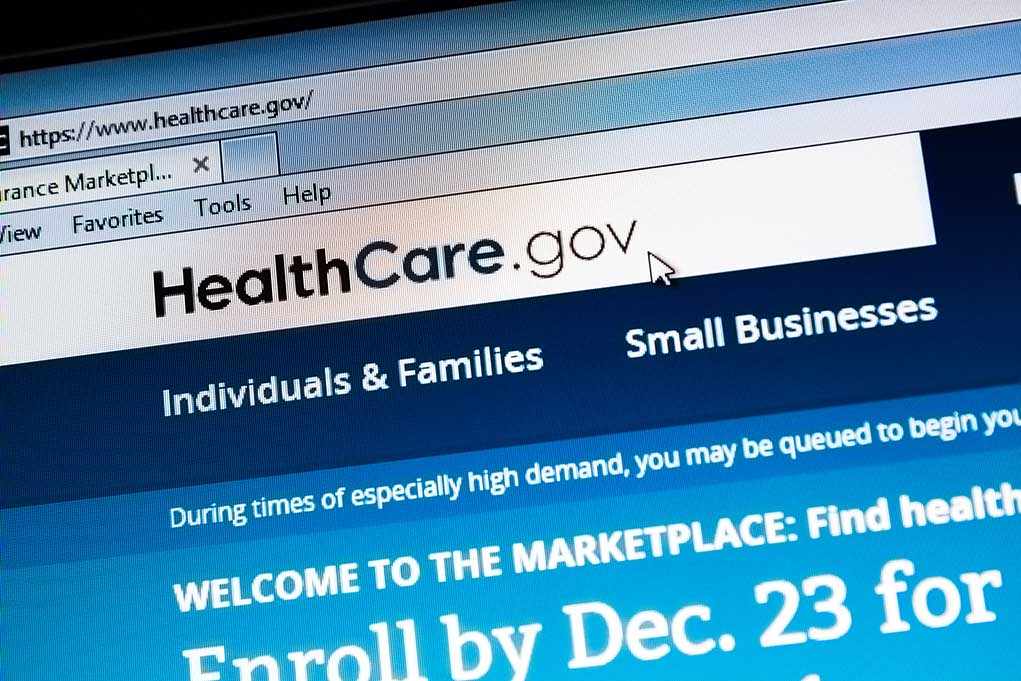
UnitedHealth Group’s decision to exit certain Medicare Advantage markets due to soaring medical costs is shaking the foundations of the U.S. healthcare system.
At a Glance
- UnitedHealth Group faces a $6.5 billion cost overrun, prompting a strategic shift.
- The company plans to exit key Medicare Advantage markets, affecting 600,000 members.
- Regulatory changes and increased healthcare utilization drive unprecedented cost trends.
- UnitedHealth’s revised revenue forecast falls below Wall Street expectations.
UnitedHealth’s Financial Struggle
UnitedHealth Group, the largest health insurer in the U.S., recently slashed its 2025 profit and revenue forecasts, attributing the financial strain to unexpectedly high medical costs. CEO Andrew Witty described the situation as an unprecedented challenge, acknowledging that medical costs have surged across all insurance lines. These unanticipated expenses exceeded the company’s initial projections by a staggering $6.5 billion, forcing UnitedHealth to reconsider its operational strategy and exit certain markets.
The decision to exit key Medicare Advantage markets will disrupt coverage for approximately 600,000 members. This move reflects the company’s need to manage risk more effectively amid regulatory changes and funding reductions. UnitedHealth’s primary focus now lies in restoring profitability while maintaining investor confidence and adhering to regulatory requirements.
Implications for Stakeholders
UnitedHealth’s operational retrenchment will have far-reaching implications for various stakeholders. Medicare Advantage members, employers, and employees will bear the brunt of these changes. The loss of coverage for hundreds of thousands of older adults highlights the vulnerability of this demographic in the face of corporate strategy shifts. Employers, too, will face higher premiums and reduced provider networks as insurance costs continue to rise.
Regulators, overseeing Medicare Advantage practices, will scrutinize these developments closely. The regulatory environment plays a crucial role in shaping the profitability and sustainability of health insurance models. UnitedHealth’s decision to exit certain markets may prompt other insurers to reevaluate their own strategies, potentially triggering a domino effect across the industry.
Economic and Social Ramifications
The economic impact of UnitedHealth’s decision is significant, with potential repercussions for healthcare costs and insurance premiums. The company revised its revenue guidance for 2025, marking a decrease that falls below Wall Street’s expectations. This financial adjustment underscores the magnitude of the cost pressures facing the insurance sector.
Socially, the reduction in access and choice for Medicare Advantage members raises concerns about healthcare equity. Vulnerable populations may find themselves with fewer options, exacerbating existing disparities in healthcare access. These changes also fuel political debates over Medicare Advantage funding and insurer practices, as policymakers grapple with balancing consumer protection and market viability.
Looking Ahead
As UnitedHealth navigates these turbulent waters, the broader insurance sector must also contend with rising utilization rates and regulatory shifts. Experts caution that these challenges are structural, not cyclical, highlighting the need for innovative solutions and greater transparency in cost projections. The reliance on artificial intelligence for cost management and claims processing is expected to increase as insurers strive to adapt to evolving market conditions.
The ripple effects of UnitedHealth’s strategic decisions will likely influence the future landscape of the insurance industry. Other insurers may follow suit, leading to further market exits or premium hikes. The focus on cost containment and risk management will intensify, as companies seek to safeguard their financial stability while meeting consumer needs.
Sources:
UnitedHealth Group Investor Report

